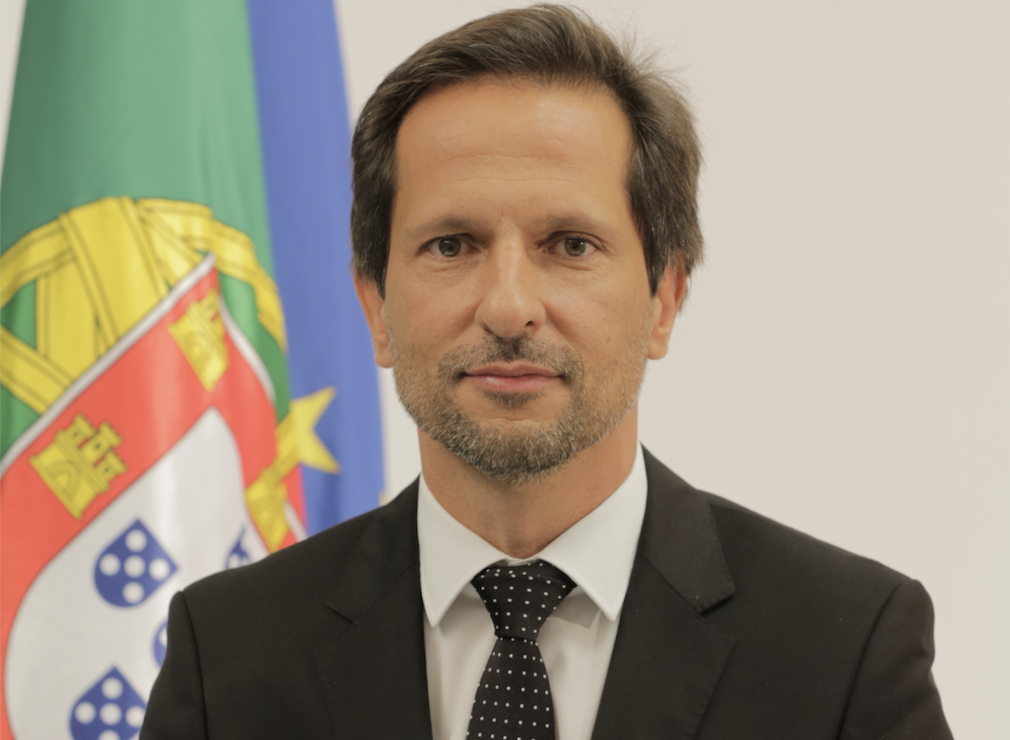In early March, the Portuguese government announced a state of alert, locking down the small nation. Over a month later — and after a huge push from entrepreneurs, incubators and accelerators, many united by the #tech4COVID19 movement — a €25m plan to support startups was finally announced.
The secretary of state for digital transition listed seven support measures for startups — but didn’t quite prove himself startups’ knight in shining armour in doing so. The majority of the measures are modifications of schemes that already exist: co-investment in scaleups between the state and qualified investors; follow-on rounds with the public VC; a new early-stage VC fund of just €10m in total; and an extension of idea stage and incubation vouchers.
The only new measure to help startups’ liquidity (StartupRH Covid19) is ridiculously small: it offers financial support equivalent to the minimum wage (for up to 10 employees), and even the rules for applications are not yet clear. What’s more, the measure is not yet underway — and neither are any of the other six support measures.
Looking at the amount of money set aside by the Portuguese government, it’s clear that startups are not considered relevant.
Why do startups matter?
No country has the necessary money to mitigate the enormous negative effects of this crisis on all fronts. So, why should startups be a priority for governments? Because they extract economic value from knowledge and technology — now critical assets for a country to compete globally and be highly productive.
Looking at the amount of money set aside by the Portuguese government, it’s clear that startups are not considered relevant. By looking at the instruments chosen, it seems the government doesn’t know the difference between “money” and “cash”. By looking at the lack of communication around these measures it appears that even the government is ashamed of them. The political opposition offers no hope either; it’s been completely silent on the matter.
But does that make these meagre public measures a surprise? Not at all. They are in line with the amount of venture capital available per capita in the country — one of the lowest in Europe, just $4 between 2013 and 2018, ranking 18th in 20 countries and far away from the first, the Netherlands ($222).

State failings
The Portuguese state has, for decades, been the biggest investor in domestic venture capital funds, primarily using money from EU programmes. It invests through its own vehicle, Portugal Ventures, which has produced insignificant results (in 2019, the rate of return from 15 of 17 managed funds was negative), or as a limited partner in private vehicles.
The outcome of public intervention in the Portuguese tech ecosystem has not been great: the capital available is still low and has not attracted enough private funds or international investors, who could bring experience and relationships to the local ecosystem. The acclaimed cases of ‘international success’, like Farfetch, Talkdesk, OutSystems or Feedzai, have started or have needed to move their headquarters abroad to access to more capital or better rules — their leadership and talent are Portuguese, but Portuguese public policies have had no impact on them.
Money alone is not enough; Portuguese governments should have [made] the legal and the tax systems more friendly for entrepreneurship.
Over time, Portuguese governments should have understood that money alone is not enough; they should have designed better rules and incentives to make the legal and the tax systems more friendly for entrepreneurship. There has not been a single original idea for how to differentiate and perform better than contender countries, nor a long-term strategy that could last several political mandates. Most of the stakeholders consulted by the government to understand and learn what could be done to perform better in the tech sphere have no experience in entrepreneurship.

Think big
Maybe for lack of vision or skills, Portuguese rulers and economic elites have not yet understood what is necessary to develop competitive knowledge-based products and services. They should study the lessons Prince Henry the Navigator taught us in the 15th century, when he nurtured a boom in knowledge related to boats, cannons, maps and orientation by the stars, and then used it, abundantly funded, to lead the most incredible and successful odyssey to discover and control almost half of the world.
The government should understand that now is the time to act and reform public policies, laws and taxes; several economic paradigms are changing and it is once again possible for a small country to gain advantages through its startups, by helping them to grow and gain stronger international relevance.
In our country, politicians and public entities have too often looked to entrepreneurs and innovators with suspicion (their acts say that, contrary to their words). They don’t recognise the value of companies that dare to be the best, even risking to fail. We Portuguese entrepreneurs accept that fact and, without complaint, double down on building stronger startups, chasing new customers, uniting efforts with others, investing in international relationships and looking for global investors from day one.
It is more difficult to succeed with less money, but a lot of Portuguese startups have great value propositions and incredible teams. So, if you are an ambitious global investor, you should pay close attention to Portuguese startups; here, weak public policies have created tough, self-confident and resilient global entrepreneurs and teams — which are rare everywhere.
Vítor Soares is founder of car maintenance platform IZIRepair, and Paulo Ferreira dos Santos is chief executive of mobility startup Ubirider.


